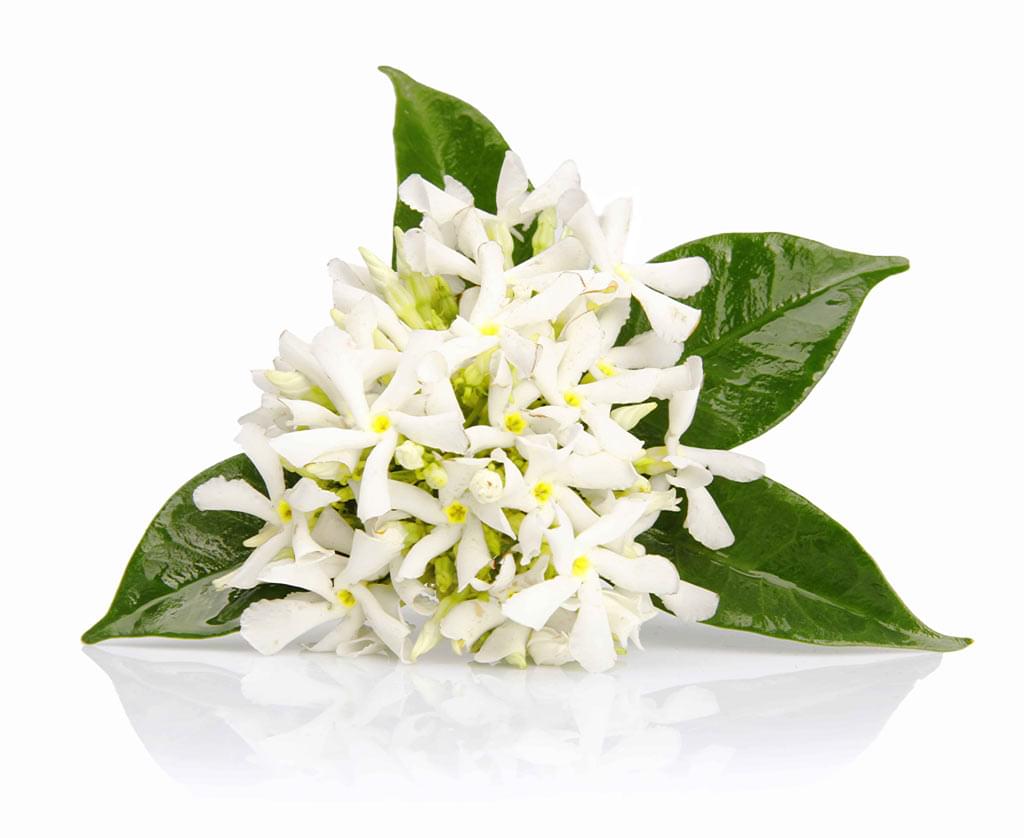Neroli Essential Oils
In the case of this essential oil, the name itself hints at its use in perfumery. So clearly, one of its many attributes is going to be the aroma, which is described as citrusy, floral, and sweet – not surprising considering that the oils are derived through steam distillation from flowers. What is surprising is that these sweet smelling oils come from flowers that grow on trees with oranges which are known to be sour or bitter. Neroli essential oils were not discovered until late in the 17th century. If you would like to blend neroli essential oils with other essential oils, the following are said to blend well: palmarosa, myrrh, mandarin, lemon, lavender, grapefruit, ginger, geranium, frankincense, coriander, clary sage, chamomile, sandal wood, rosemary, jasmine, and benzoin.
Overall Benefits of Neroli Essential Oils
- Maintain oil balance and moisture of skin
- Fade acne scars and spots
- Fight infection on or of the skin
- Treat food poisoning, typhoid, and cholera
- Fight excess mucus production
- Antiseptic properties
- Highly effective antidepressant
- Raise libido
- Appetite increaser and promote digestion
Uses for Neroli Essential Oils
These essential oils are said to be an effective treatment for weight loss. Other uses include helping to cure skin cracks, diarrhea, colitis, and neuralgia. Thanks to the above listed effects on the skin, neroli essential oils are a very popular ingredient in personal skin care products. They are used in vaporizers and room air freshening products for their pleasant, relaxing aroma and soothing effect.
Precautions
No reported undesirable side effects have been reported from the use of these essential oils but they have been known to encourage extreme relaxation or sleep. Pregnant women should speak with their doctor before using these oils.


